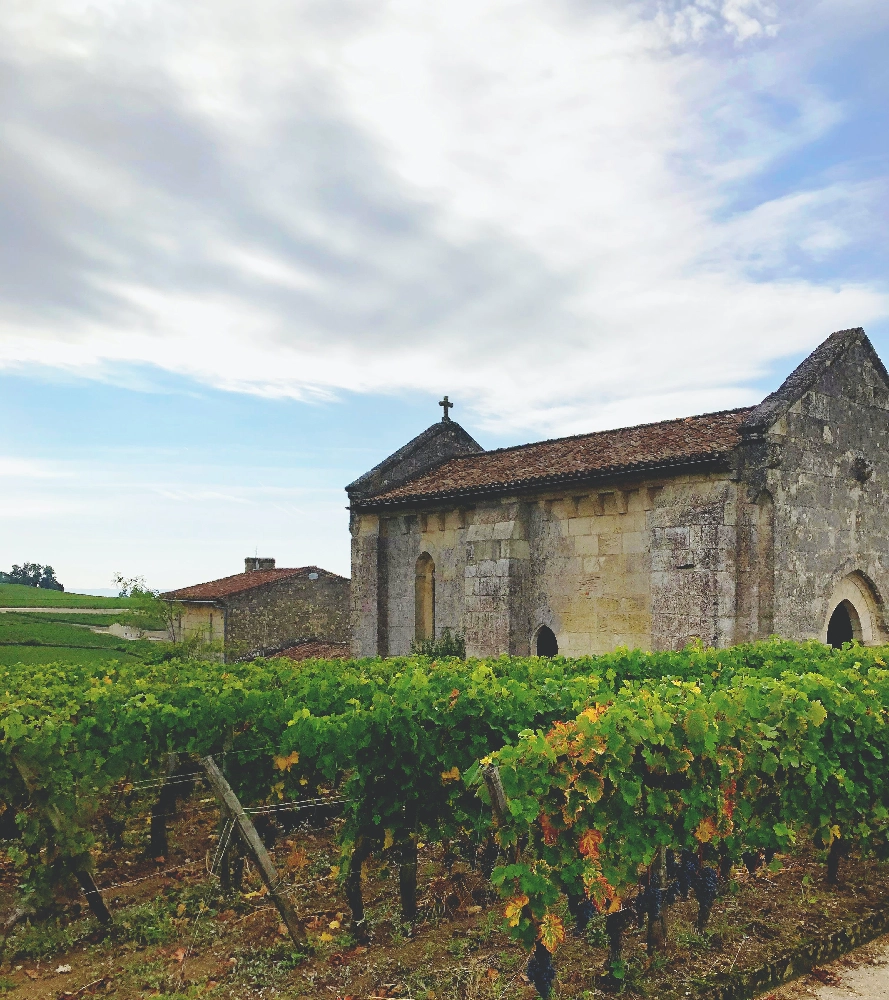
Lorch Wineries & Wines Stats
Wineries
1
Wines
1
A Culinary Exploration of Lorch: Unraveling the Cultural Significance and Wine Impact
Introduction: Lorch, a captivating region nestled in the heart of Germany, is renowned for its rich cultural heritage and distinctive wine production. Located in the Rheingau district, Lorch is a place where history, tradition, and gastronomy converge to create an unforgettable experience. In this Cultural Wine Impact review, we will delve into the unique characteristics of Lorch's wines, their regional wine style, grape varieties, and pairings with traditional foods.
Region Name: Lorch, Germany
Regional Wine Style: Lorch is most famous for producing Riesling wines. The region's unique terroir, characterized by its slate soil and mild climate, lends itself to the creation of elegant, aromatic, and mineral-rich Rieslings. Lorch's wines are often described as having a distinctive "mineral" or "slatey" character due to the region's geological makeup.
Grapes: The primary grape variety cultivated in Lorch is Riesling, which accounts for over 85% of the total vineyard area. Other lesser-known but intriguing grape varieties grown in the region include Spätburgunder (Pinot Noir), Silvaner, and Müller-Thurgau.
Pairings with Foods: Lorch's wines exhibit a perfect harmony between acidity, sweetness, and minerality, making them exceptional pairings for various culinary delights. Some of the traditional foods that complement Lorch's Rieslings include:
1. German Sausages: Lorch's wines, particularly those with a higher residual sugar content, beautifully balance the savory and spicy flavors of traditional German sausages such as Bratwurst, Knockwurst, or Thüringer Rostbratwurst. 2. Seafood Dishes: The mineral character of Lorch's wines complements various seafood dishes, such as smoked fish, oysters, and mussels, allowing the natural flavors to shine through. 3. Spicy Asian Cuisine: The acidity and minerality in Lorch's Rieslings make them an excellent match for spicy Asian dishes, balancing the heat and adding depth of flavor. 4. Cheese Platters: Lorch's wines pair beautifully with a variety of cheeses, particularly those with a strong flavor profile such as Limburger, Munster, or Gouda. 5. Fruit-based Dishes: The sweetness and acidity in Lorch's Rieslings make them an ideal partner for fruit-based desserts, such as apfelstrudel (apple strudel), pflaumenkuchen (plum cake), and kirschtorte (cherry cake).
Conclusion: Lorch is more than just a German wine region; it's a living testament to the rich cultural heritage of Germany's vinous traditions. The unique terroir, grape varieties, and culinary pairings make Lorch an essential destination for any wine and food enthusiast seeking an unforgettable gastronomic adventure. So raise a glass to Lorch, where history meets tradition, and let your taste buds explore the harmonious marriage of wine and cuisine that defines this remarkable region.
